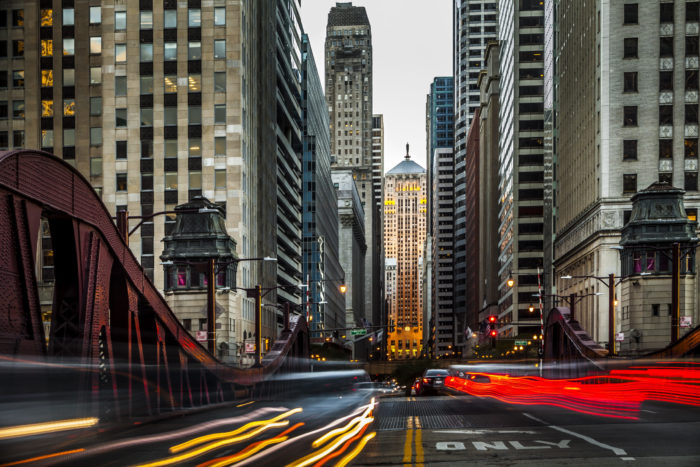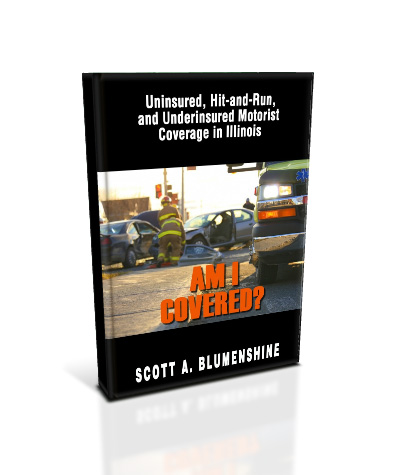Injuries caused by rideshare drivers are the responsibility of the company, the rideshare driver, and their insurance companies, right? You simply want to be covered for your injuries. It appears, however, that the ridesharing companies and their drivers have been in disputes with their insurance carriers. Predictably, the rideshare services’ insurance companies want to limit their liability, but why should you be caught in the middle of that battle between insurers?
Ridesharing is growing due to its benefits. Uber often provides quicker pick-up and cheaper service than regular taxis. Uber’s requirements for its rideshare drivers and cars mean you will ride in a newer, well-equipped, and clean car, knowing that the driver has passed a background, driving, and security check. What could be wrong? Insurance providers’ failure to accept responsibility for a rideshare car accident or accidents looks to be the issue.
Uber’s website states that it provides “end-to-end insurance coverage.” However, there seems to be some question about who is responsible when an Uber driver causes a collision before passenger pick-up. Ridesharing companies and their insurers are currently involved in several national disputes. While the insurance companies squabble amongst themselves, the injured party is left holding the bag.
How Illinois courts resolve these responsibility issues will determine whether you can collect damages for injuries suffered in a rideshare car accident, whose insurance company is responsible, and most importantly, how much insurance is available.
The Debate over Whose Insurance Provides Coverage for a Rideshare Accident
The rideshare industry and insurance company strategies are in a state of flux. And, with the passage of laws and issuance of court decisions, the insurance and liability rules are changing. As an injured passenger, biker, or pedestrian, you just need some insurance company to step up. You do not want to be caught in a spat between the driver and the company or between two insurance companies. A great Chicago Rideshare accident lawyer can help you with that.
Whether the injuries you sustained in an accident are covered by the rideshare company or the private driver with whom you connected can depend on what stage the driver was at in providing you or someone else a ride.
Trolling: Drivers have their phone app open and logged on to the network, indicating they can accept a ride but have not accepted a call to provide transportation. Until recently, Uber’s insurance claimed it was not liable for any accident that occurred when a driver was available but had not received a call.
A San Francisco Uber driver struck and killed a six-year-old girl while the driver was logged on to the Uber app but was between fares. After nearly two years of litigation, with Uber denying liability, Uber finally agreed to settle the case. The company stated that its insurance expanded liability coverage to “cover accidents that occur while drivers are not providing transportation service for hire but are logged onto the Uber network and available to accept a ride.”
Heading to Pick Up Passenger: Drivers have accepted a match and are ready to pick up the rider.
Driving a Passenger: Passengers are in the Uber driver’s car on the way to their destination.
Regardless of the drivers’ stage, there is generally no coverage for rideshare accidents under the driver’s private insurance policy unless they purchase a supplemental commercial policy. If the driver is heading to pick up or transport a passenger, the rideshare company’s insurance should be primarily responsible.
Debate over whether Drivers are Employees or Independent Contractors
The answer to this question may not matter if the ridesharing company insurance covers the accident. Some laws now require drivers to have an insurance policy of $50,000 to $100,000, with the rideshare vehicle or company policy carrying the next layer of insurance coverage up to $1,000,000.
Employers are generally liable for injuries caused by the negligence of their employees. Employees are legal agents of their employers. Uber claims its drivers are independent contractors, not employees. This distinction would mean that the rideshare company is not responsible for damages even if a negligent rideshare driver causes your injuries.
Uber drivers have filed a lawsuit in federal court arguing that they are not independent contractors but employees. Recently, the judge granted the driver’s class-action status. The outcome of the litigation will affect not only Uber drivers but possibly anyone injured due to the negligence of the rideshare driver. If drivers of rideshare vehicles are found to be employees, rideshare companies can be sued for the negligence of their drivers.
Frequently Asked Questions
Our Chicago Rideshare Accident Attorneys Can Help
If you were injured in a rideshare vehicle accident, you need the assistance of experienced rideshare injury attorneys who also know how insurance litigation works. Please call or text the Blumenshine Law Group at (312)766-1000 or email [email protected]. We offer a free consultation so you can tell us about your claim, and we can determine how best to help you.


